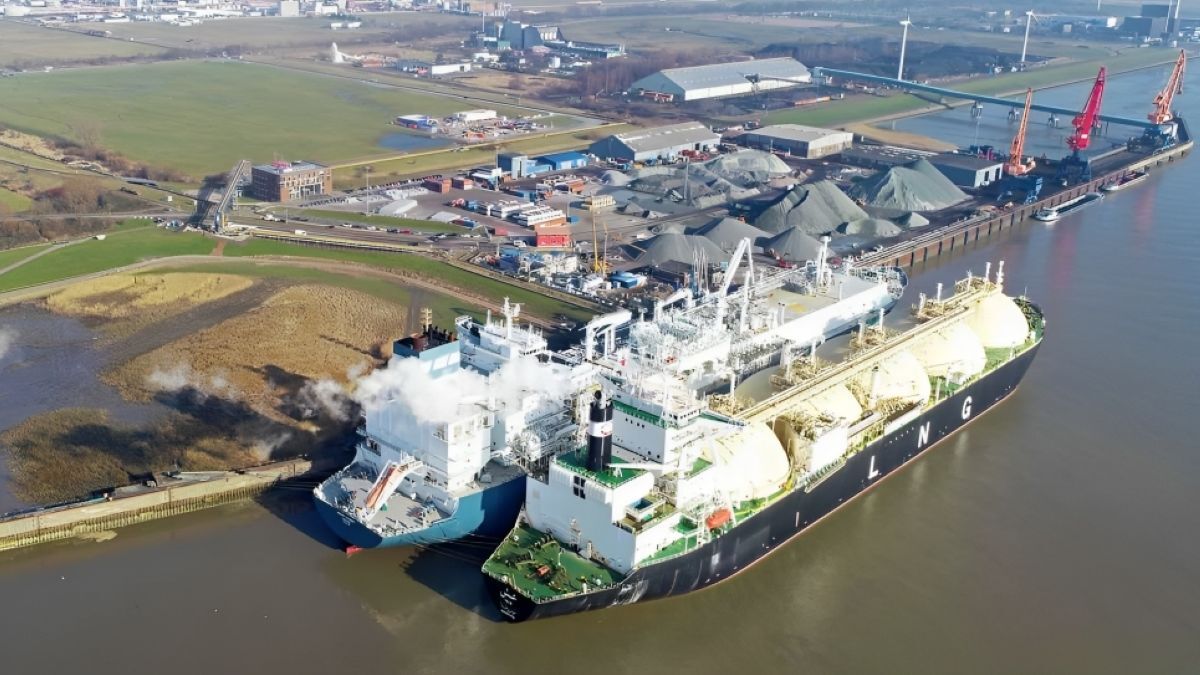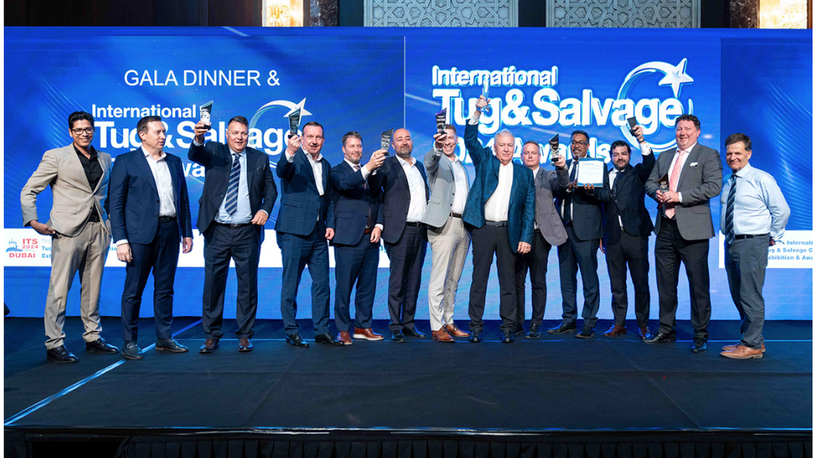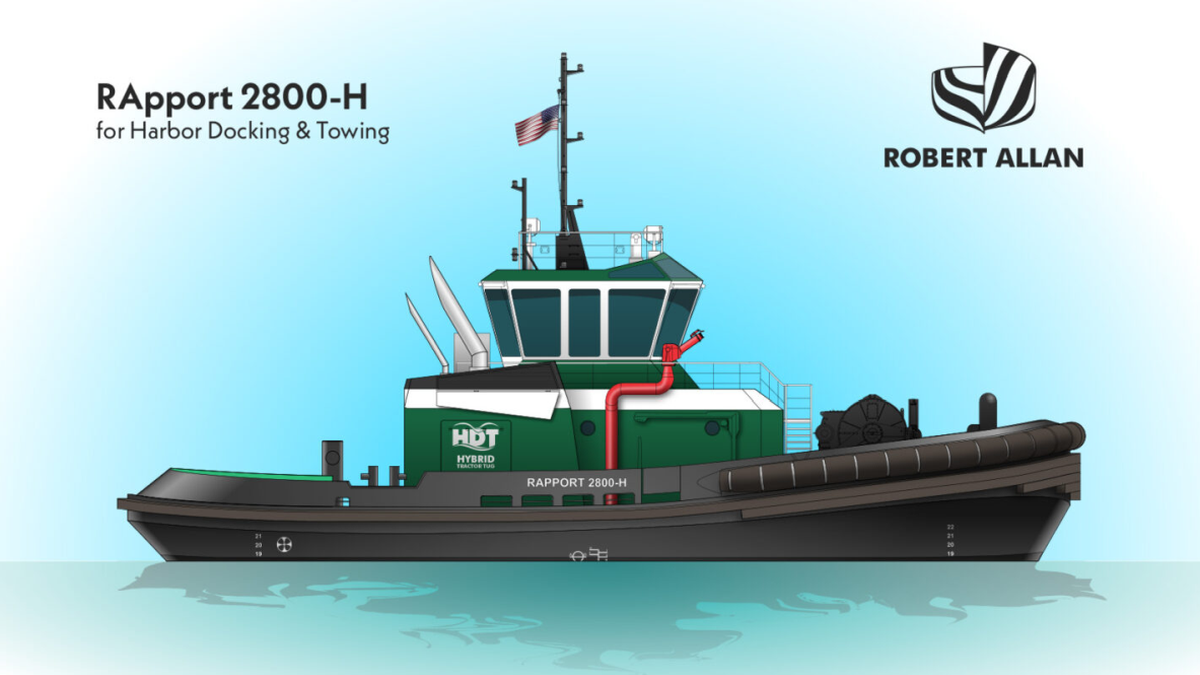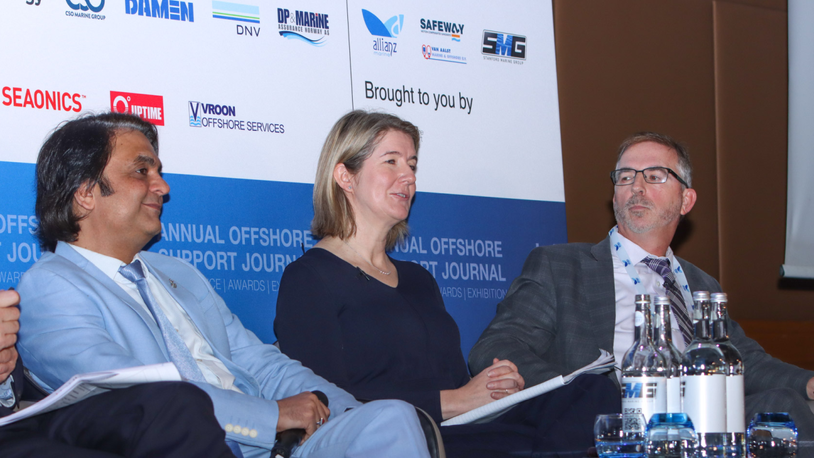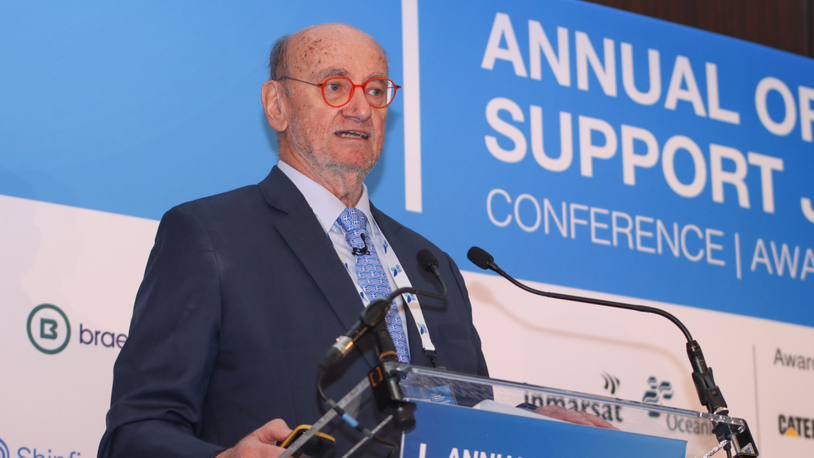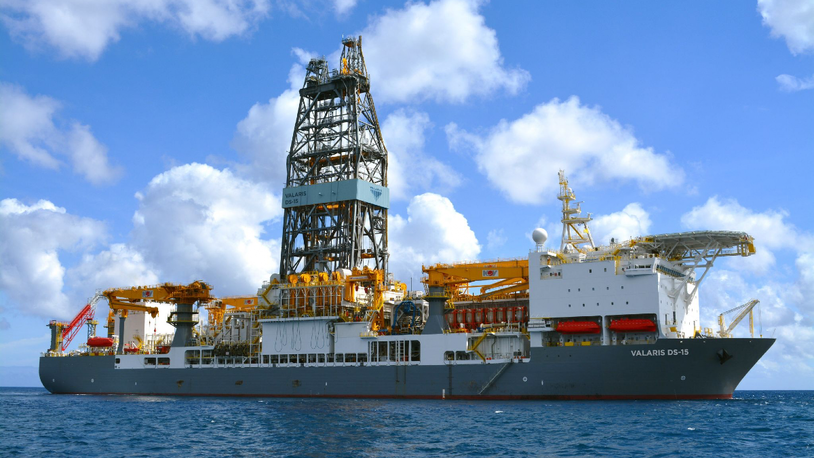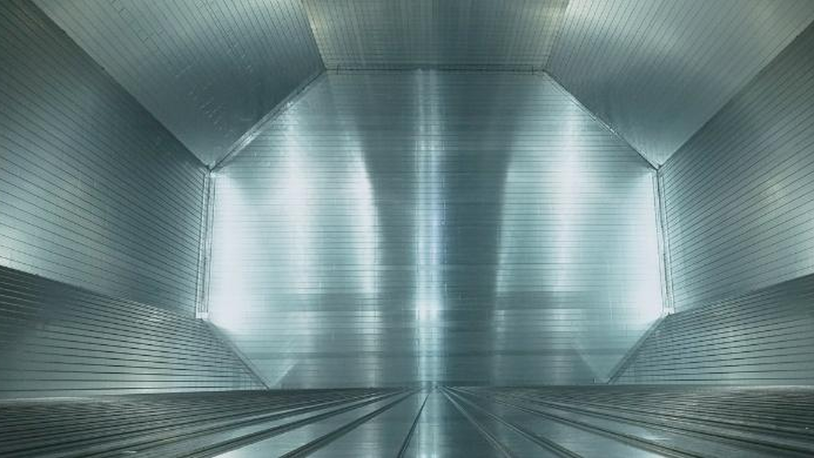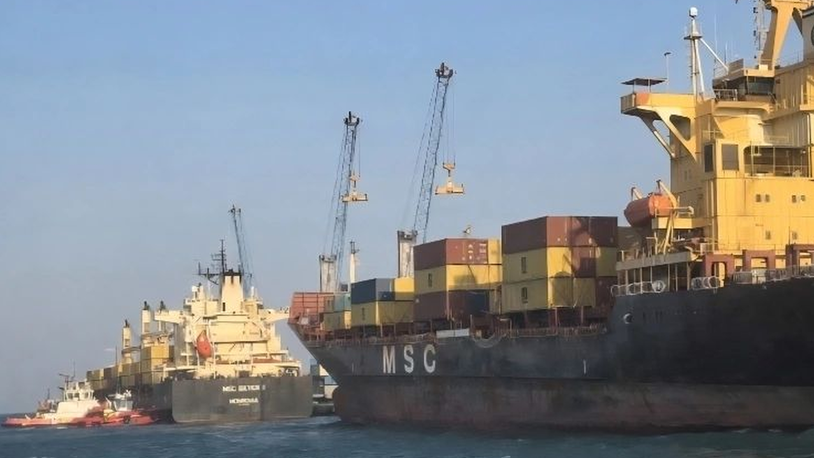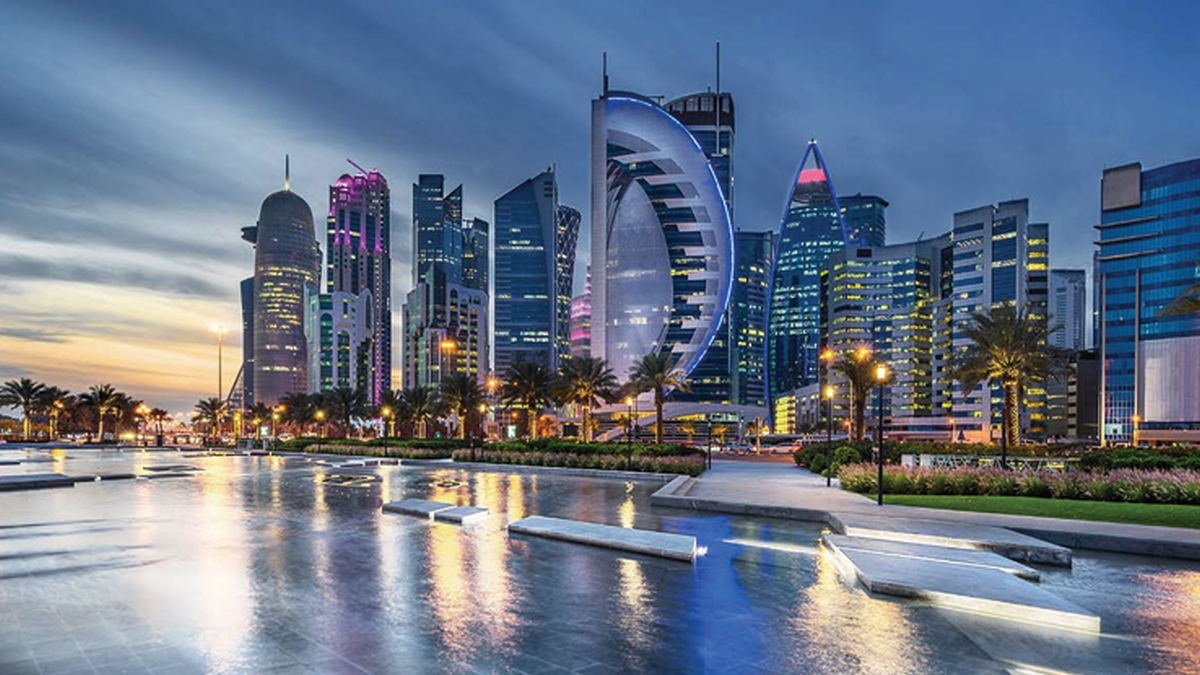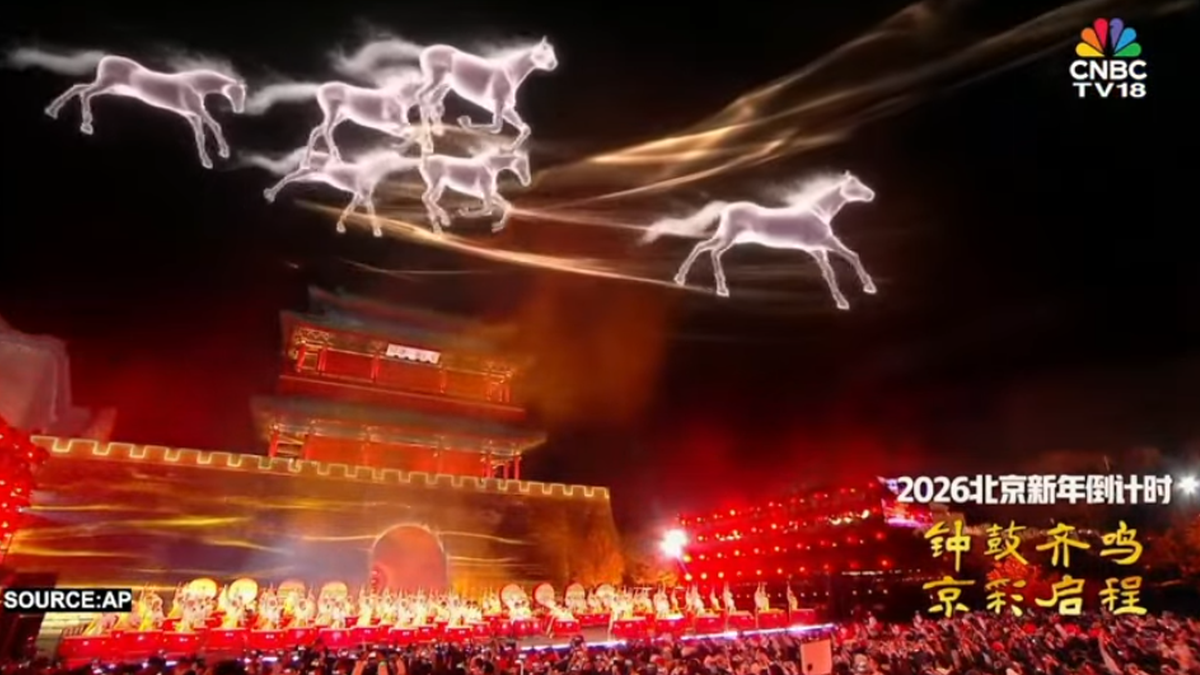Business Sectors
Events
Floating energy: successfully unlocking stranded gas using FLNGs and FSRUs
Contents
Register to read more articles.
Phase 2 development advances at Brunsbüttel FSRU terminal
Worley awarded EPC contract as Germany progresses with permanent LNG regasification infrastructure in Brunsbüttel under Deutsche Energy Terminal’s expansion programme
Development of Phase 2 at the Brunsbüttel floating storage regasification unit (FSRU) terminal is progressing following the award of an engineering, procurement and construction management (EPCM) contract to Worley by Deutsche Energy Terminal GmbH (DET).
DET, the German federal government-owned terminal operator, is developing the second stage of the site with a view to transitioning from temporary floating LNG infrastructure to permanent regasification capacity.
The Phase 2 expansion forms part of Germany’s broader strategy to secure long-term energy supplies by diversifying gas import infrastructure.
Under the contract, Worley will provide EPCM services for the planned onshore LNG regasification facility in Brunsbüttel, Schleswig-Holstein. This follows an earlier award by DET to the same contractor in July 2023 to support the EPC phase of development.
Worley confirmed the latest award covers “construction of the regasification plant, connection to the gas grid and support infrastructure.”
The Brunsbüttel terminal was initially developed in response to energy supply challenges and entered operation in early 2023 using the FSRU Höegh Gannet. The vessel is owned and operated by Höegh Evi and provides the floating infrastructure to receive, store and regasify LNG at the site.
The FSRU has a nominal regasification capacity of approximatley 3.7M tonnes per annum. The vessel continues to be moored at the Brunsbüttel terminal and will operate until permanent facilities are commissioned.
The original temporary terminal was developed in collaboration with RWE, which supported the initial phases of deployment and managed terminal operations until handover to DET. In early 2024, RWE confirmed it had officially transferred operations of the Brunsbüttel FSRU terminal to DET, describing the process as part of the intended structure under the federal energy security initiative.
The Phase 2 facility is being financed with support from German development bank KfW. The infrastructure is expected to allow for long-term LNG imports through a land-based regasification facility and ultimately form part of a networked European gas import system.
Although the construction timeline has not been publicly confirmed, the latest EPCM award indicates the permanent onshore infrastructure is moving closer to realisation.
The current floating terminal will remain operational during this period to maintain LNG import continuity.
Sign up for Riviera’s series of technical and operational webinars and conferences:
- Register to attend by visiting our events page.
- Watch recordings from all of our webinars in the webinar library.
Related to this Story
Events
Maritime Regulations Webinar Week
Floating energy: successfully unlocking stranded gas using FLNGs and FSRUs
© 2024 Riviera Maritime Media Ltd.


